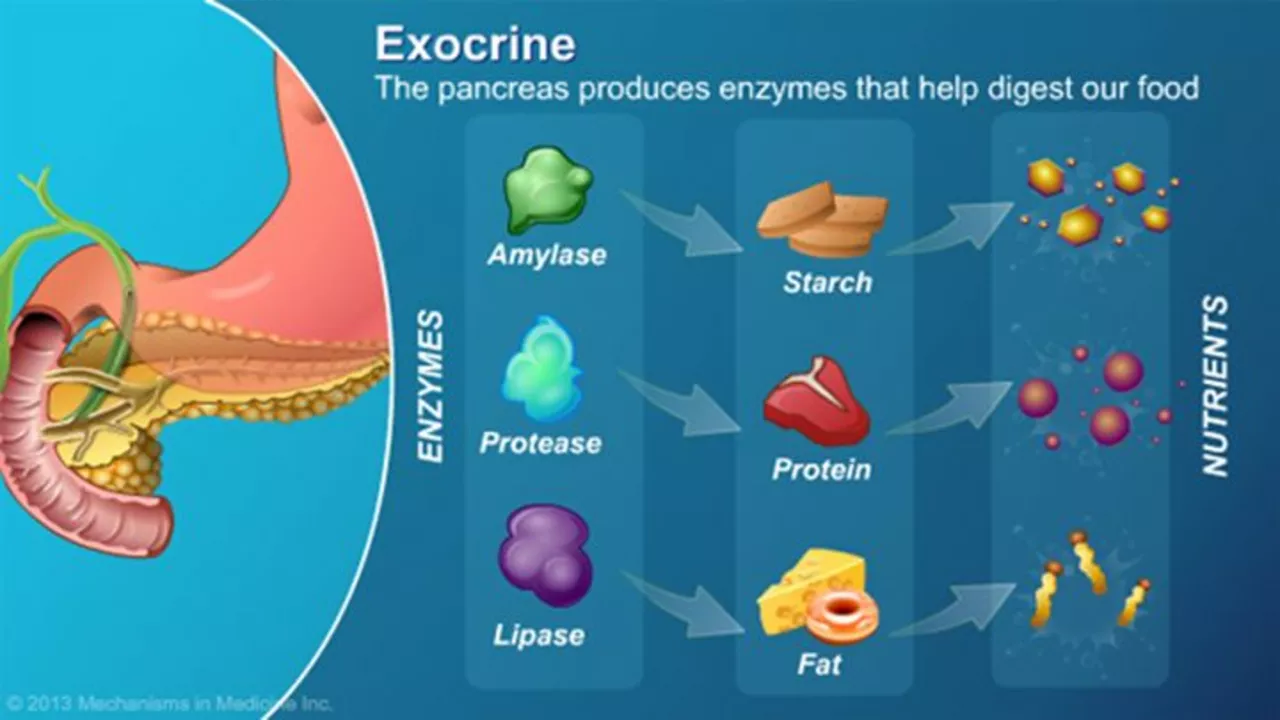Nutrient absorption: simple, real-world ways to get more from food
Feeling tired despite eating healthy? You might not be absorbing nutrients well. Nutrient absorption is how your gut pulls vitamins, minerals, fats, carbs, and protein out of food so your body can use them. Small changes to meals and habits can make a big difference fast.
Quick signs you may have absorption problems
Watch for persistent fatigue, hair thinning, brittle nails, easy bruising, unexplained weight loss, or chronic diarrhea. Low energy plus pale skin can point to iron or B12 deficiency. If you take acid blockers, antibiotics, or metformin, they can mask or cause nutrient gaps over time.
Practical steps to improve absorption now
Chew your food well. That sounds basic, but finer particles mix with enzymes better and ease digestion. Eat protein and fat with vegetables — fat helps absorb vitamins A, D, E, and K. Add a squeeze of lemon or a few slices of orange to meals with iron-rich plant foods; vitamin C turns plant iron (non-heme) into a form your body grabs more easily.
Avoid drinking strong tea or coffee right at mealtime. Polyphenols and tannins in those drinks reduce iron absorption. If you take calcium and iron supplements, space them several hours apart — calcium can block iron uptake when taken together.
Use cooking tricks: soaking, sprouting, and fermenting grains and legumes cuts phytic acid, a natural compound that binds minerals like zinc and iron. Lightly cooking tomatoes and pairing them with a bit of oil boosts lycopene absorption. Steam or roast greens instead of eating them raw if you need to lower oxalates that bind calcium.
Support stomach acid and enzymes. Acid helps release B12 and minerals from food. If you’re on proton pump inhibitors long-term, ask your clinician about monitoring B12, magnesium, and iron. Digestive enzyme supplements or a small amount of apple cider vinegar before meals can help some people with mild digestion issues — check with your provider first.
Feed your gut bacteria. Fermented foods like yogurt, kefir, sauerkraut, and kimchi improve the microbiome and can indirectly boost absorption. Fiber from fruits, vegetables, and legumes feeds those bacteria and helps keep transit time steady — not too fast, not too slow.
When supplements make sense: choose targeted tests first. Blood tests for CBC, ferritin, B12, vitamin D, and folate show the most common gaps. If a deficiency appears, treat with a recommended dose rather than guessing. Some drugs reduce B12 (metformin) or interfere with fat absorption (some cholesterol drugs); discuss replacements with your clinician.
See a doctor if problems persist. Unexplained weight loss, severe diarrhea, or signs of malabsorption (fatty stools, severe nutrient drops) need testing for conditions like celiac disease, pancreatic insufficiency, or inflammatory bowel disease. Fixing absorption often starts with a proper diagnosis.
Small, practical moves — chew more, pair foods smartly, avoid blockers at meals, and include fermented foods — usually pay off. Try one change each week and notice how you feel. Better absorption often shows up as more energy, stronger nails, and steadier moods.

Pancrelipase and Bariatric Surgery: What You Need to Know
As a blogger, I recently came across the topic of Pancrelipase and Bariatric surgery and felt the need to share some important information with my readers. Pancrelipase is an essential enzyme supplement that helps in the digestion of fats, proteins, and carbohydrates, particularly in patients who have undergone bariatric surgery. Bariatric surgery is a procedure that helps in weight loss by altering the digestive system, often leading to a decreased ability to absorb nutrients. It's crucial for patients to understand the importance of taking Pancrelipase supplements post-surgery to maintain proper nutrition and avoid potential complications. So, if you or someone you know has undergone bariatric surgery, make sure to discuss Pancrelipase with your healthcare provider to ensure optimal recovery and well-being.
Read More




